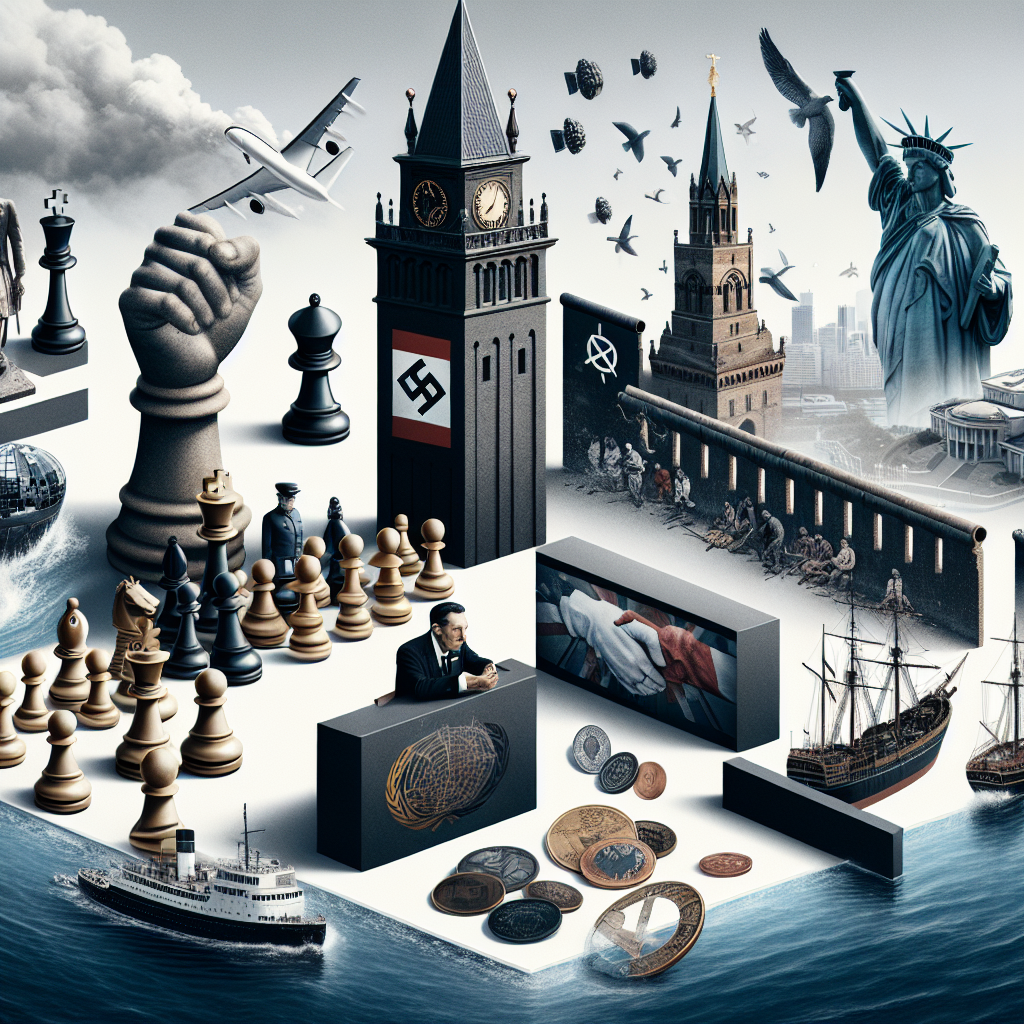The Cold War’s Legacy Persists Amid Shifting Washington Priorities
The Cold War’s Legacy Persists Amid Shifting Washington Priorities
Introduction
The Cold War, a period marked by intense geopolitical tension between the United States and the Soviet Union, continues to influence global politics and Washington’s strategic priorities. Despite the dissolution of the Soviet Union over three decades ago, its legacy remains evident in current international relations and defense strategies.
Enduring Cold War Influences
Several aspects of the Cold War era still shape today’s geopolitical landscape:
- Nuclear Deterrence: The doctrine of mutually assured destruction continues to influence nuclear policies and arms control agreements.
- Military Alliances: NATO, originally formed as a counterbalance to Soviet power, remains a pivotal element of U.S. foreign policy.
- Intelligence Operations: The expansion and sophistication of intelligence agencies trace back to Cold War necessities.
Shifting Priorities in Washington
As global dynamics evolve, Washington is recalibrating its focus to address new challenges:
- Emerging Technologies: Cybersecurity and artificial intelligence are becoming central to national security strategies.
- China’s Rise: The U.S. is increasingly viewing China as a strategic competitor, necessitating a shift in diplomatic and military resources.
- Climate Change: Recognized as a significant security threat, climate change is influencing defense planning and international cooperation.
Conclusion
The legacy of the Cold War continues to shape U.S. foreign policy and defense strategies, even as Washington adapts to new global challenges. While traditional elements like nuclear deterrence and military alliances remain relevant, emerging technologies, the rise of China, and climate change are redefining priorities. Understanding this complex interplay is crucial for navigating the current geopolitical landscape.






































